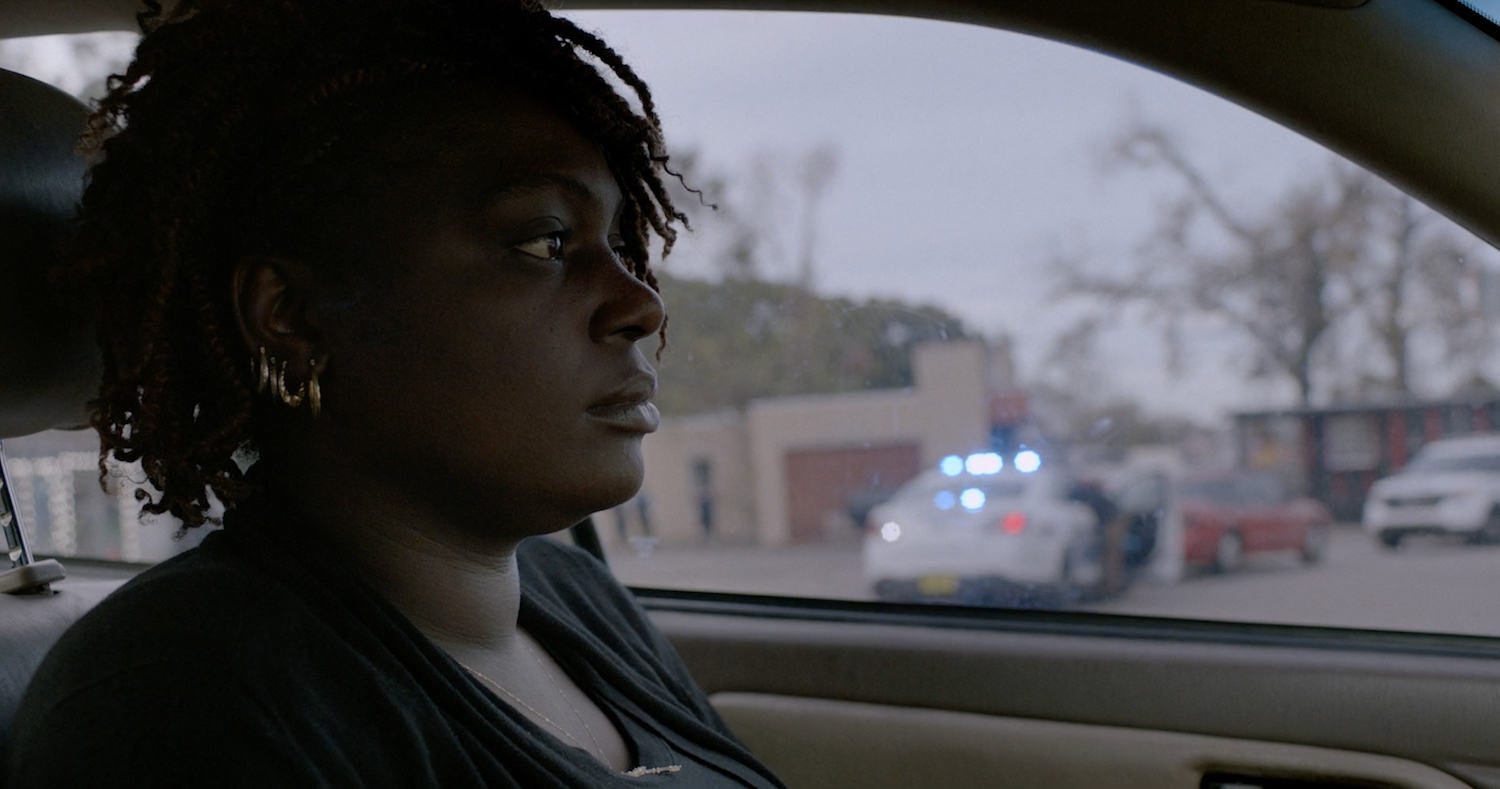LIFE AND NOTHING MORE

(After its debut at the 2017 Toronto International Film Festival, Antonio Méndez Esparza Life and Nothing More is in theaters now via The California Film Institute’s new distribution venture.)
A devastating cinematic examination of America’s deep-rooted issues of class and race, Antonio Méndez Esparza’s Life and Nothing More is also a model of meticulous, disciplined filmmaking, where less is not just more, but most. Nestled within a heart-rending family drama, the themes of despair and longing never feel like messaging, instead sneaking up on us as we stay focused on the gripping core drama. Minimalist, economical storytelling has rarely felt so full-bodied.
Regina (first-timer Regina Williams) is a thirtysomething single mom with a 14-year-old son and 3-year-old daughter. The boy, Andrew (Andrew Bleechington, also making his debut), already in trouble with the law (car-jacking is his crime of choice), is proving quite the handful, though the way he lovingly interacts with his baby sister reveals a sweet side. Dad is in jail, communicating only infrequently by letter, so Regina is all both kids have, parenting-wise. She means well, but money is tight and work is overwhelming, and she’s so often exhausted that anger outweighs affection. We remain hopeful that Andrew may overcome life’s bitter obstacles, but prospects are grim. When Regina finds a new boyfriend, things do not improve.
Esparza (Aquí y Allá: Here and There) wastes no time on the niceties of character set-up, jumping right in to an emotional diatribe (the first of many) delivered by Regina to Andrew in a bus on the way to a court date. From there, the fraught relationship waxes and wanes, grounded in the lack of options beyond the here and now. All the main characters are African-American; almost all the holders of authority and power in this Florida community are white, from teachers to lawyers to police. Until the end, the film does not directly address this disparity, but it’s always there.
Williams and Bleechington, untrained performers though they may be, deliver bravura performances, hers emotional and brash, his restrained and brooding. Kudos to all for resisting any temptation to earn our sympathies via cheap tricks. These are human beings in all their complexities; some things they do well, but others not. The devilish truth of their reality is in the details, and Esparza is a master of the quotidian, building layer upon layer of specificity to make Regina and Andrew as much representative of society’s ills as uniquely their own selves. Life and Nothing More need be about nothing else to earn our attention and merit our interest.
– Christopher Llewellyn Reed (@ChrisReedFilm)










